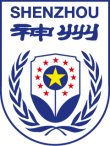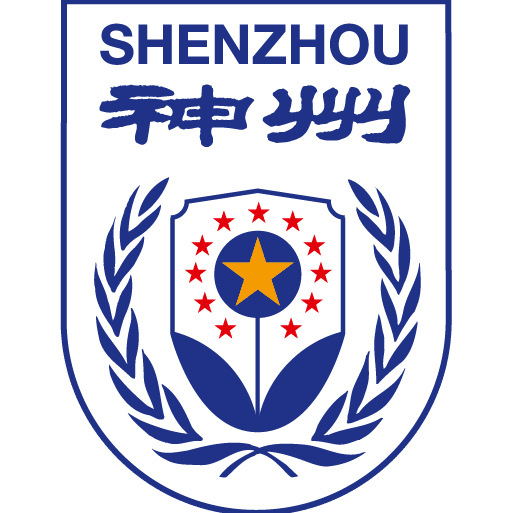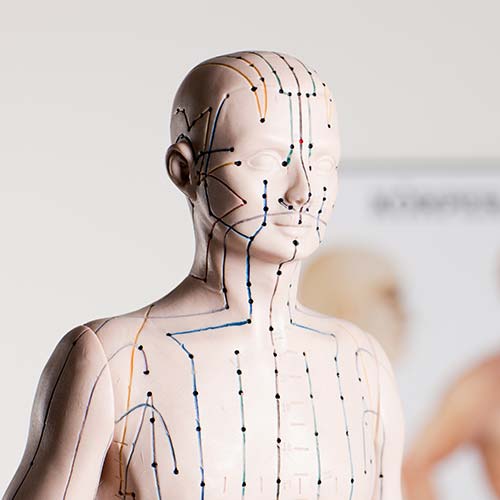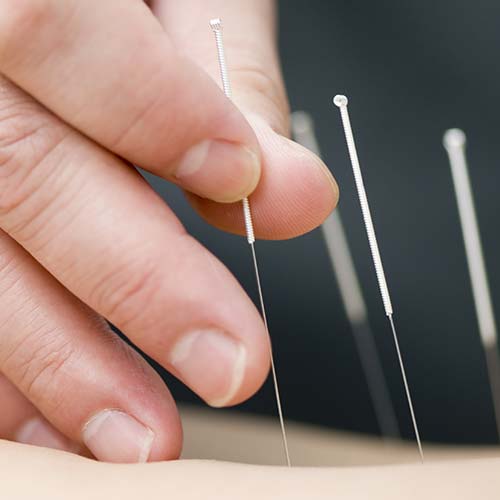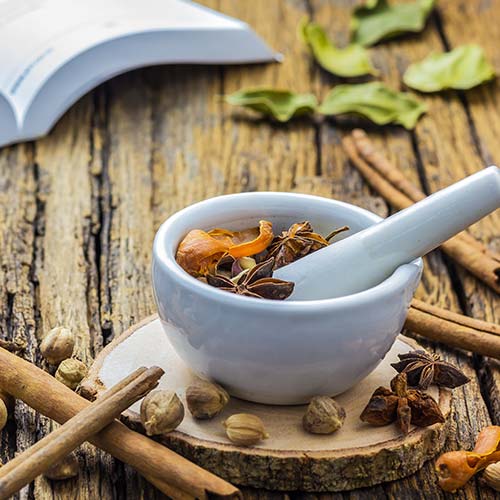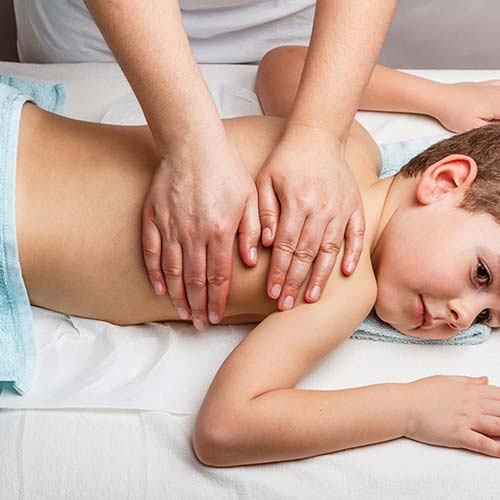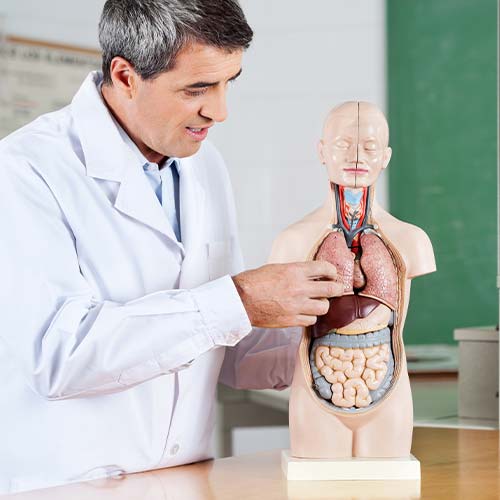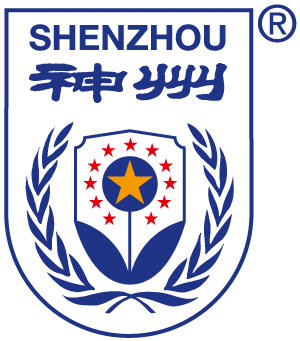In China, the study of herbal medicine is integrated into Traditional Chinese Medicine (TCM) education. Acupuncture therapy and Chinese Herbal Medicine, when combined, not only complement each other but also reinforce each other. This integration is a fundamental part of TCM education in the Netherlands, where institutes like Shenzhou Open University offer programs in acupuncture, Chinese Herbal Medicine, and other TCM practices. Acupuncture and Chinese Herbal Medicine are used to treat various disorders and symptoms, providing a holistic approach to healing.
Key Takeaways:
- Acupuncture and Chinese Herbal Medicine complement each other in TCM.
- Integration of acupuncture and Chinese Herbal Medicine is integral to TCM education in the Netherlands.
- Acupuncture and Chinese Herbal Medicine offer a holistic approach to healing.
- Programs in acupuncture and Chinese Herbal Medicine are available at Shenzhou Open University.
- TCM clinics in the Netherlands provide comprehensive care using acupuncture and Chinese Herbal Medicine.
The Benefits of Acupuncture and Chinese Herbal Medicine
Acupuncture and Chinese Herbal Medicine offer a range of benefits when used in conjunction. Acupuncture stimulates the body’s natural healing processes by inserting thin needles into specific points along the body’s meridians. Chinese herbal medicine utilizes the therapeutic properties of various plants and substances to create herbal formulas that nourish the body and address specific health conditions. When combined, acupuncture and Chinese herbal medicine can enhance the overall effectiveness of treatment, especially for chronic conditions.
Clinical Evidence for Acupuncture and Chinese Herbal Medicine
Numerous clinical trials and studies have been conducted to determine the effectiveness of acupuncture and Chinese herbal medicine. These complementary therapies have shown promising results in treating a variety of health conditions. For instance, an Australian pilot study investigated the combination treatment of acupuncture and Chinese herbal medicine for insomnia symptoms. The results demonstrated positive effects, indicating that this combined approach can effectively improve sleep quality and duration.
Furthermore, research has explored the efficacy of Chinese herbal therapy in addressing mental disorders, such as depression. Specific Chinese herbal formulas have been found to be effective in alleviating depressive symptoms and improving overall well-being. These findings demonstrate the potential of Chinese herbs as viable and complementary treatments for mental health conditions.
These clinical trials and studies provide substantial evidence supporting the use of acupuncture and Chinese herbal medicine in integrative healthcare. They highlight the efficacy of these treatments and their role in providing holistic and comprehensive care for patients.
Integrating Acupuncture and Chinese Herbal Medicine in Practice
Integrating acupuncture and Chinese herbal medicine in practice requires the expertise of a trained Traditional Chinese Medicine (TCM) practitioner. TCM practitioners have the knowledge and skills to assess individual symptoms and overall health conditions, enabling them to determine the most appropriate acupuncture and herbal prescription for each patient.
When you receive acupuncture and Chinese herbal medicine treatments from a TCM practitioner, you can expect a personalized approach tailored to your specific needs. The practitioner will take into account your symptoms, medical history, and any other relevant factors to create an effective treatment plan that addresses your unique health concerns.
Patients often report positive treatment experiences and improvements in their health problems when receiving acupuncture and Chinese herbal medicine. This is because TCM practitioners take a holistic view of health, considering the physical, emotional, and energetic aspects of the body in their diagnosis and treatment.
To ensure the effectiveness of acupuncture and Chinese herbal medicine treatments, it is advisable to seek care from reputable TCM clinics. These clinics provide a supportive environment where you can receive comprehensive care and have access to experienced TCM practitioners.
In summary, when you integrate acupuncture and Chinese herbal medicine in practice with the guidance of a TCM practitioner, you can benefit from a personalized treatment plan that addresses your specific symptoms and overall health condition. By receiving care in a reputable TCM clinic, you can expect a supportive environment for your healing journey.
Conclusion
Acupuncture and Chinese Herbal Medicine are integral components of Traditional Chinese Medicine (TCM), providing a holistic approach to healing. By combining these complementary therapies, you can enhance the effectiveness of your treatment and experience holistic healing for various health conditions.
Research and clinical evidence support the use of acupuncture and Chinese herbal medicine in addressing a wide range of ailments. These therapies work together synergistically, empowering your body’s natural healing processes.
To fully benefit from acupuncture and Chinese herbal medicine, it is essential to consult with trained TCM practitioners who have the expertise to integrate these therapies into your treatment. By taking an integrated approach to TCM, your practitioner can customize acupuncture treatments and prescribe herbal formulas tailored to your specific symptoms and overall well-being.
Experience the comprehensive and holistic approach to healthcare that acupuncture and Chinese herbal medicine offer. By incorporating these complementary therapies into your treatment plan, you can take proactive steps towards improving your health and well-being, guided by the principles of Traditional Chinese Medicine.
FAQ
What is acupuncture and Chinese herbal medicine?
Acupuncture is a therapy that involves the insertion of thin needles into specific points on the body’s meridians to stimulate the body’s natural healing processes. Chinese herbal medicine utilizes the therapeutic properties of various plants and substances to create herbal formulas that nourish the body and address specific health conditions.
How do acupuncture and Chinese herbal medicine complement each other?
Acupuncture and Chinese herbal medicine complement each other by reinforcing and enhancing the overall effectiveness of treatment. When used together, they provide a holistic approach to healing, especially for chronic conditions.
What are the benefits of using acupuncture and Chinese herbal medicine in conjunction?
Acupuncture and Chinese herbal medicine offer a range of benefits when used together. They can stimulate the body’s natural healing processes, address specific health conditions, and provide a complementary approach to treatment.
What clinical evidence supports the use of acupuncture and Chinese herbal medicine?
Numerous clinical trials and studies have been conducted to determine the effectiveness of acupuncture and Chinese herbal medicine. These studies provide evidence supporting their use as complementary therapies for various health conditions.
What expertise is required to integrate acupuncture and Chinese herbal medicine in practice?
Integrating acupuncture and Chinese herbal medicine in practice requires the expertise of trained Traditional Chinese Medicine (TCM) practitioners. They have the knowledge and skills to determine the most appropriate acupuncture and herbal prescription for each individual based on their specific symptoms and overall health condition.
